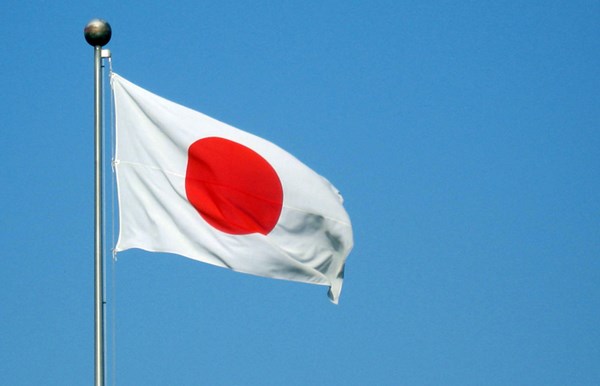Japan abandons plan to sign peace treaty with Russia in June
The Japanese government has decided to abandon its plan to sign a framework agreement for a peace treaty with Russia at the end of June, when the G20 summit will be held in Osaka, the Japanese newspaper Asahi Shimbun reported on Saturday, citing government sources.
The decision was reportedly made because Russia and Japan have been unable to overcome their disagreements on a number of historical matters and security concerns. Previously Japan had planned to sign a framework agreement for a peace treaty with Russia during the G20 summit, when Japanese Prime Minister Shinzo Abe and Russian President Vladimir Putin will meet.
Tokyo wanted to reaffirm the Soviet-Japanese Joint Declaration of 1956, in which Moscow expressed its willingness to give Japan the island of Shikotan and a number of smaller Kuril islands as a gesture of goodwill. After this, Japan intended to continue negotiations with Russia to resolve the territorial affiliation of two other islands in the southern Kurils – Iturup and Kunashir.
Several rounds of negotiations this year between the two countries’ foreign ministers have shown that Russia is concerned by the possibility that US-produced “Aegis Ashore” ballistic missile defense systems will be deployed on the islands. Russia has also demanded that Japan officially recognize that the southern Kurils were annexed by the Soviet Union legitimately based on the outcome of World War II. Japan considers this demand unacceptable and incompatible with its own views on these territories.
According to the Asahi Shimbun, at the upcoming G20 summit, Japan and Russia will focus on making progress in the joint economic activity on the southern Kuril islands. Tokyo also hopes to continue the peace treaty dialog in the long term.
Moscow and Tokyo have been trying to negotiate a peace treaty for many decades since the end of World War II. The primary obstacle to such a treaty is the territorial dispute surrounding the southern Kuril islands. After the war ended, the entire archipelago was annexed by the Soviet Union, but Japan still lays claim to Iturup, Kunashir, Shikotan and a group of adjacent uninhabited islands.
During a meeting in Singapore last year, Putin and Abe agreed to conduct peace treaty negotiations on the basis of the Soviet-Japanese Joint Declaration of 1956. Russian Foreign Minister Sergey Lavrov said on 31 May after meeting with his Japanese colleague Taro Kono in Tokyo that the declaration clearly states that division of the territory can only be considered after the signing of a peace treaty.
